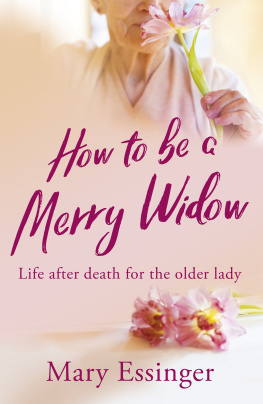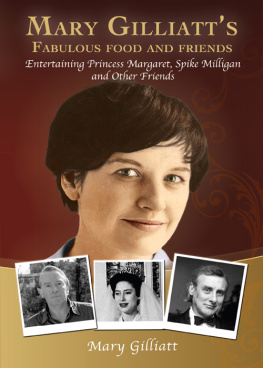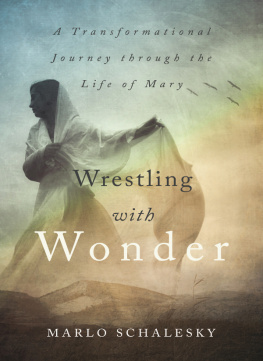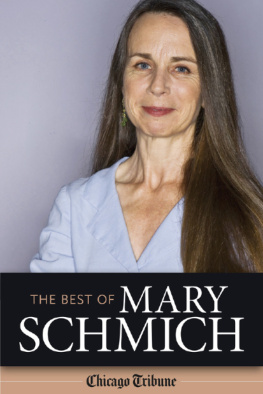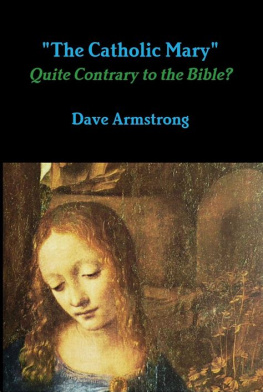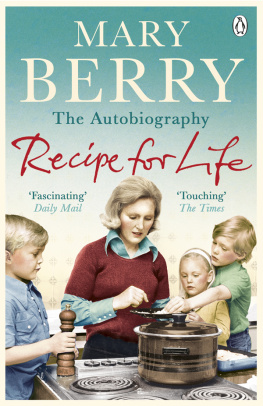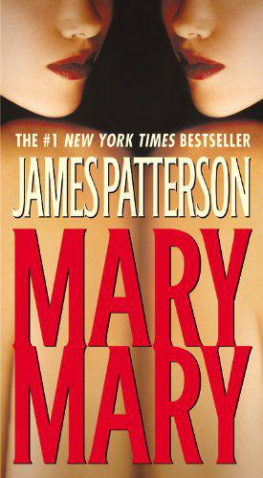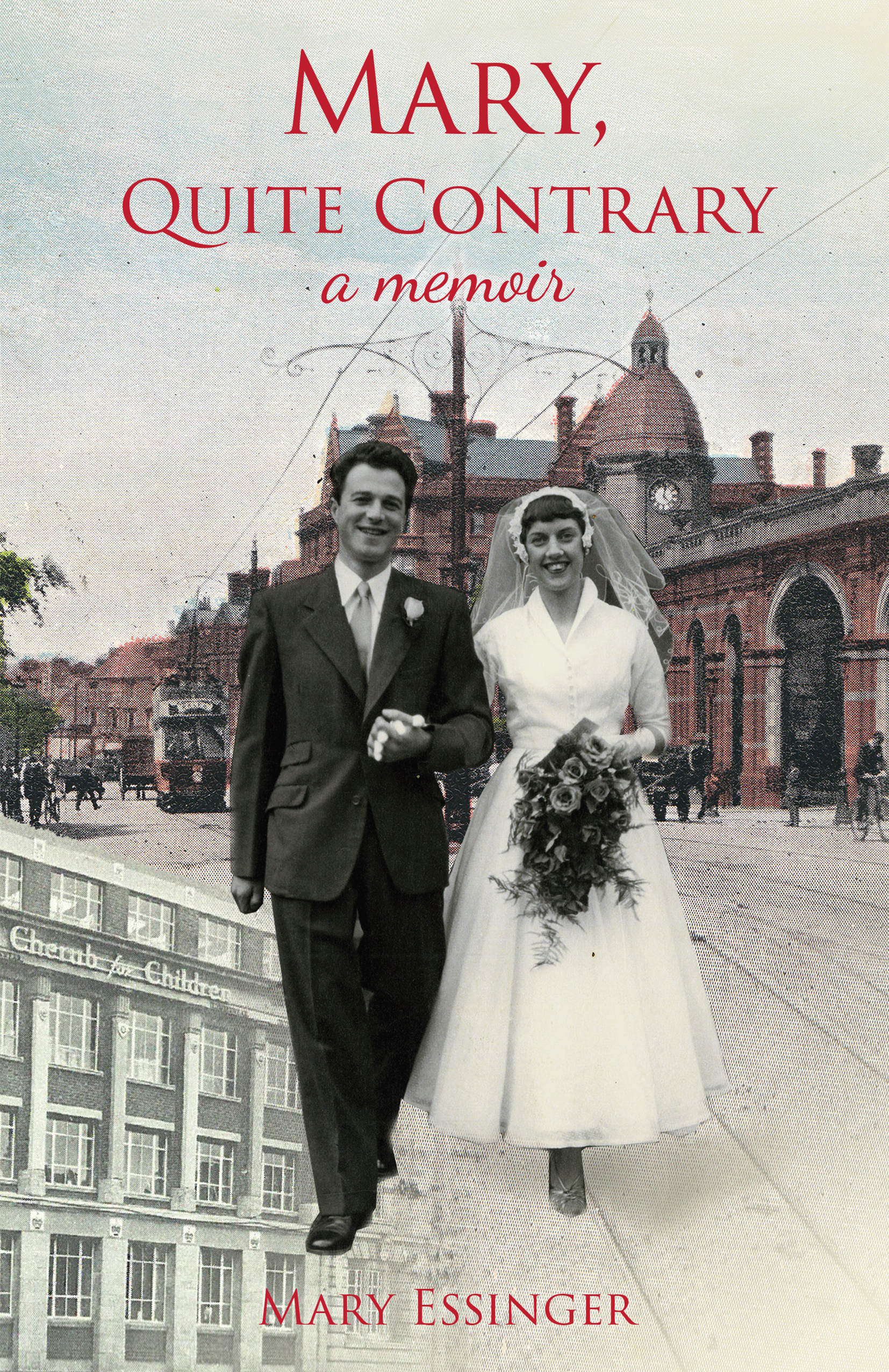MARY, QUITE CONTRARY
a Second World War girlhood and what happened next
Mary Essinger
Mary, Quite Contrary
Published by The Conrad Press in the United Kingdom 2016
Tel: +44(0)1227 472 874
www.theconradpress.com
ISBN 978-1-78301-883-3
Copyright Mary Essinger, 2016
The moral right of Mary Essinger to be identified as author of this work has been asserted in accordance with the Copyright, Designs and Patents Act 1988.
All rights reserved. This book is copyright material and must not be copied, reproduced, transferred, distributed, leased, licensed or publicly performed or used in any way except as specifically permitted in writing by the publisher, as allowed under the terms and conditions under which it was purchased or as strictly permitted by applicable copyright law. Any unauthorised distribution or use of this text may be a direct infringement of the authors and publishers rights, and those responsible may be liable in law accordingly.
Typesetting by: Charlotte Mouncey, www.bookstyle.co.uk
The book cover and The Conrad Press logo were designed by Maria Priestley.
By the same author
Wounded Bird of Paradise
How to be a Merry Widow (as Mary Rogers)
For Theodore
Preface
I love my computer and Google and the miracle of email. As for the idea of having a personal phone you can carry in your handbag and use to call anybody else in the world, it would have seemed like something magical to me as a child of the 1930s, when only one person in our street had a telephone at all.
Cars were hardly ever seen on the street in my village. We had a wireless but I was twenty-two years old before there was a TV in my house; Mam and Dad, like so many people, rented one for the coronation in 1953. As for computers, they werent introduced into schools and colleges until the 1980s.
Necessity being the mother of invention, the spur for much of this technology was the Second World War, the backdrop to my childhood in Glenfield, a small village near Leicester in the English Midlands.
Seventy years ago children could play anywhere their legs could carry them, roaming in gangs over fields, back lanes, railway lines and brooks. But many stayed within calling distance of home where they could hear their mothers standing in the street shouting, Gordon, Sheila, your dinners ready!
We called our mother Mam and not Mum, because Mum was not a good shouting word, try it.
Todays children do not have that sense of freedom and the same opportunities for adventure we had because streets belong to cars now and cars can kill. To find somewhere to run and play and hide, a child usually needs a car to take them there.
We had no washing-machine, no fridge and no bank account or savings. Groceries bought from Walkers corner shop in the week were paid for on Saturdays from Fridays wage packet.
There were no carpets on the floor in our house, only lino and rugs. For hot water we had to put the kettle on except for bath night on Fridays when Mam lit the kitchen copper and pumped hot water upstairs into the bathroom. When lights suddenly went out there was a hunt in the dark for a shilling to slot into the electric meter under the stairs. The only warm room in winter was the living room called The House.
Wheres Gordon? Hes in The House.
All the family used the same towel. I dont even remember us having toothbrushes. I do remember that after the school dentist had looked at our teeth she gave us a sweet. The school doctor weighed and measured us.
Mam and Dad, who smoked Woodbines, walked over to the pub on Saturday nights to sing with their friends and drink Indian Pale Ale. On Sundays they had a lie-in while we children enjoyed our weekly treat of a penny chocolate bar and a biscuit in bed.
We didnt think of ourselves as poor because everybody we knew lived like that. Poor people wore ragged clothes and, unlike us, had no indoor lavatory or bathroom.
Life today, with its foreign travel and opportunities, is wonderful and beautiful. Television shows us the world. We can communicate with anyone. Would the hatred, militant nationalism and racism that led to the war I grew up in have been possible if wed been Facebook friends with people from round the world?
Medical care is excellent. As for our standards of living today, even during recessions most people live in a way we could only have dreamed of when I was a girl.
Technology changes but people dont. We have the same feelings and emotions. We still feel happy, sad, worried, ambitious and disappointed.
Here, in Mary, Quite Contrary , by trying to remember not only what happened when I was a girl but what it felt like, Ive tried to recapture it.
Mary Essinger
Please note that some names have been changed.
Part One
A Second World War girlhood
I
My First Memory
M emory is picky. Why does the recollection of some episodes of life stay with us and others vanish?
My first memory is this:
Mam needed mother-of-pearl buttons and she was letting me go all the way to the sewing shop to buy them.
Are you sure you know where it is?
I know.
Will you promise to look both ways when you cross over near Bents grocery shop?
Promise.
Youre to come straight back.
Holding the money tight in my hand I set off along Station Road to the Square then turned left into Dominion Road.
It was so exciting to be going out by myself for the first time. I could walk there or run, or even stop and look at things. I was a big girl now, nearly five.
Outside the shop I took the buttons from the paper bag to look at them sewn on the card with its silver paper backing. There were twelve small pearl buttons, four in each row, glimmering in different colours when I tilted them to the sun. They were made from a fish called oyster.
It was a long way home and my legs were getting tired. Along Station Road I could see Mam waiting at the gate waving to me.
Proudly I handed over the buttons and the change.
She put them down then held my face in her two hands.
I was with you all the time worrying about you and imagining how far youd got. Youre a clever little girl but I will not let you out of my sight again for a long time. Ive been so worried.
Grown ups were silly.
II
Infant School 1937-1939
G ordon Allen came to school sitting on a white pony led by a man named Mr Parker who wore a black hat. Gordon wore a white suit and had shiny gold hair like a prince in my story book. All the way down Station Road we children ran alongside them.
On the day of Gordons sixth birthday Mr Parker left a huge box of toffees for our teacher, Mrs Taylor, to give to the whole class. Mrs Taylor was short and round and when she turned her head the grey bundle of hair at the back wobbled.
Taking the lid from the big square box she showed us the rows of wrapped toffee bars, some in blue paper, some in pink, all beautiful.
Now children, sit in a circle. Im going to hold up these cards one by one and whoever calls out the letter correctly gets a toffee bar.
I knew all the letters and called out each one loud, H, C,M,B, but she took no notice of me so I shouted them even louder. Still she did not look at me and listened only to the boys at the back. I coughed. Then she laughed out loud:
All right, Mary, I know youre there, and I got my toffee bar. It lasted ages, smooth caramel taste and a claggy feeling between my teeth.
At four oclock there was Mr Parker waiting outside with the pony to collect Gordon and the children who had been invited to his birthday party. Like Gordon, they were from the big houses on Groby Road and in their best clothes, frilly things. Once again we trailed home with them, all part of the excitement. When we came to my house and I started to run in Mr Parker asked me who we paid our rent to. When I told him Allens he said, Go and ask your mum if you can come to the party, well wait for you.


